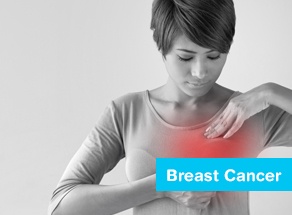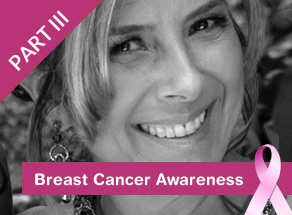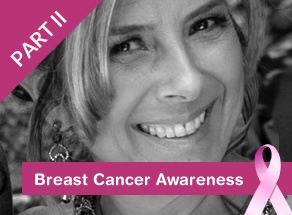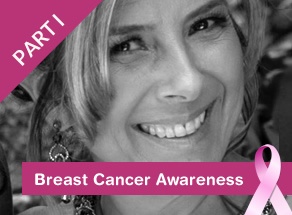Preventive Care
Largest Study To Date of U.S. Hispanic Breast/Ovarian Cancer Confirms High Prevalence of BRCA Mutations
28/03/2014 09:46am | 10136 viewsBreast cancer is the most commonly diagnosed cancer in Hispanic women and the leading cause of cancer death. Although there is less incidence of breast cancer in Hispanics than in non-Hispanic whites, our initial studies on the prevalence of deleterious BRCA1 and BRCA2 gene mutations suggest there may be a higher proportion of breast cancer in Hispanics – the fastest growing group in the United States, already comprising 15.1% of the population.
Preventive Care
The HHL Interview with Dr. Jeffrey Weitzel – Part 2: Culturally-Competent Connections and Interventions
21/03/2015 05:57pm | 8545 viewsIn part two of his interview with Glenn Llopis of Center for Hispanic Leadership, Dr. Jeffrey Weitzel reveals some of the work he and his team are doing to break down the previously-discussed barriers to preventative care in the Hispanic community – especially amongst Latinas who may have a genetic predisposition to breast cancer –and the many advances happening in the field of risk assessment and culturally-competent counseling and intervention.
Preventive Care
Breast Cancer Research Foundation Partners With Hispanic Healthy Living To Raise Latina Breast Cancer Awareness
24/02/2015 04:52pm | 10191 viewsThe Breast Cancer Research Foundation announces a partnership with Healthy Hispanic Living to increase breast cancer awareness in the Latina community. The partnership commences on February 1st with a 90-day breast cancer campaign to advance Hispanic women’s understanding of the disease and their risk while also inspiring them and their families to lead healthier lives.
Preventive Care
Q&A with Dr. Jeffrey Weitzel: Research Addresses Genetic Mutations and Disparities in Latina Breast Care (Part 1)
01/02/2015 11:37am | 8046 viewsBy Breast Cancer Research Foundation
Dr. Jeffery Weitzel is Division Chief of Clinical Cancer Genetics at City of Hope in California as well as a Breast Cancer Research Foundation (BCRF) grantee since 2013. At City of Hope, Dr. Weitzel leads a clinical, research and training program that emphasizes translational research in genomic cancer risk assessment, chemoprevention, targeted therapy, clinical and psychosocial outcomes, genetic epidemiology and health services in underserved minorities. For over a decade, he has been interested in hereditary cancer in Latin America with the aim of increasing awareness of inherited risk and access to screening and prevention. As part of its partnership with Healthy Hispanic Living, BCRF recently spoke with Dr. Weitzel about his work in the Latina community, both in the U.S. and Latin America, and asked for his insight on new discoveries that are helping us to understand the role of genetics in breast cancer risk for Hispanic women.
Preventive Care
Breast Cancer Survivor: Choosing to Live Over Having Children
08/03/2015 03:16am | 8653 viewsAfter undergoing 16 rounds of chemotherapy for breast cancer, Lily Lorenzo-Luaccs was told she would need to have a hysterectomy. In her early 30s, this Latina had to grapple with the decision of risking her life in the future if she choose to have children.





